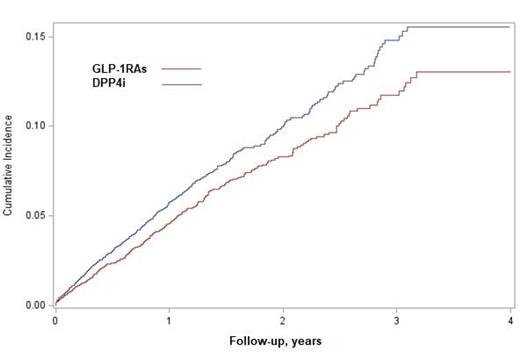Weight-loss drugs like Wegovy and Ozempic are revolutionizing our understanding of appetite and addiction in the brain. Kimberly Chauche, a corporate secretary from Nebraska, saw a remarkable change after starting Wegovy. Despite lifelong struggles with weight and food cravings, she lost almost 20 pounds and found her cravings vanish. This phenomenon, known as the “quieting of food noise,” is a compelling area of study for scientists.
Wegovy and Ozempic belong to a class of drugs that mimic the hormone GLP-1, which plays a crucial role in regulating appetite and blood glucose levels. Originally developed to treat diabetes, these drugs signal the brain to feel full, reducing food intake and altering reward pathways that drive cravings.
The story of GLP-1 drugs began in the 1980s when researchers like Svetlana Mojsov focused on glucagon-like peptide 1. This hormone’s synthetic version, found in drugs like Ozempic, activates GLP-1 receptors, influencing not just the digestive system but also the brain.
These drugs have become a multi-billion-dollar industry, with millions of people using them for weight loss. Researchers are now exploring how GLP-1 impacts the brain. This work is shedding light on the neurobiological explanations for hunger, satiety, pleasure, and reward, and how these sensations might become dysregulated, leading to compulsive behaviors and addictive patterns.
In addition to reducing appetite, GLP-1 drugs slow digestion and modulate glucose levels. Studies in animals and humans show that GLP-1 can significantly reduce food intake and even curb other compulsive behaviors like drinking and smoking.
Researchers believe GLP-1 drugs may help treat various conditions beyond obesity, including addiction, cardiovascular diseases, and even Alzheimer’s and Parkinson’s. These findings are transforming our understanding of metabolic disorders and their treatment.
By unveiling the intricate connections between gut hormones and brain functions, GLP-1 drugs are paving the way for new treatments for obesity and addiction. This groundbreaking research could help reduce the stigma associated with these conditions, showing that they are not merely issues of willpower but complex neurometabolic diseases.
As we continue to explore the potential of GLP-1 drugs, we stand on the brink of a new frontier in medical science, one that promises to improve countless lives by addressing the root causes of appetite, pleasure, and addiction.




